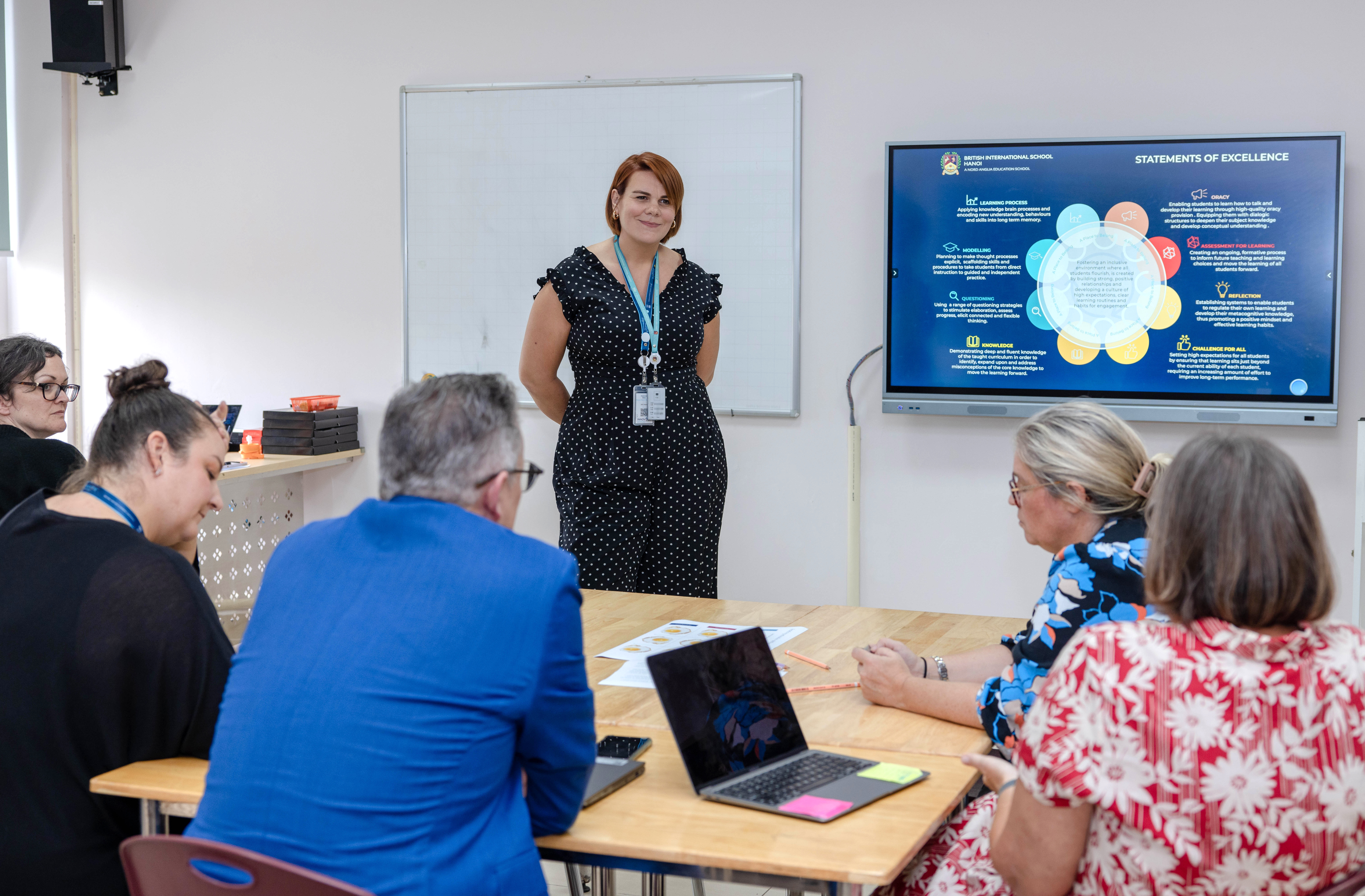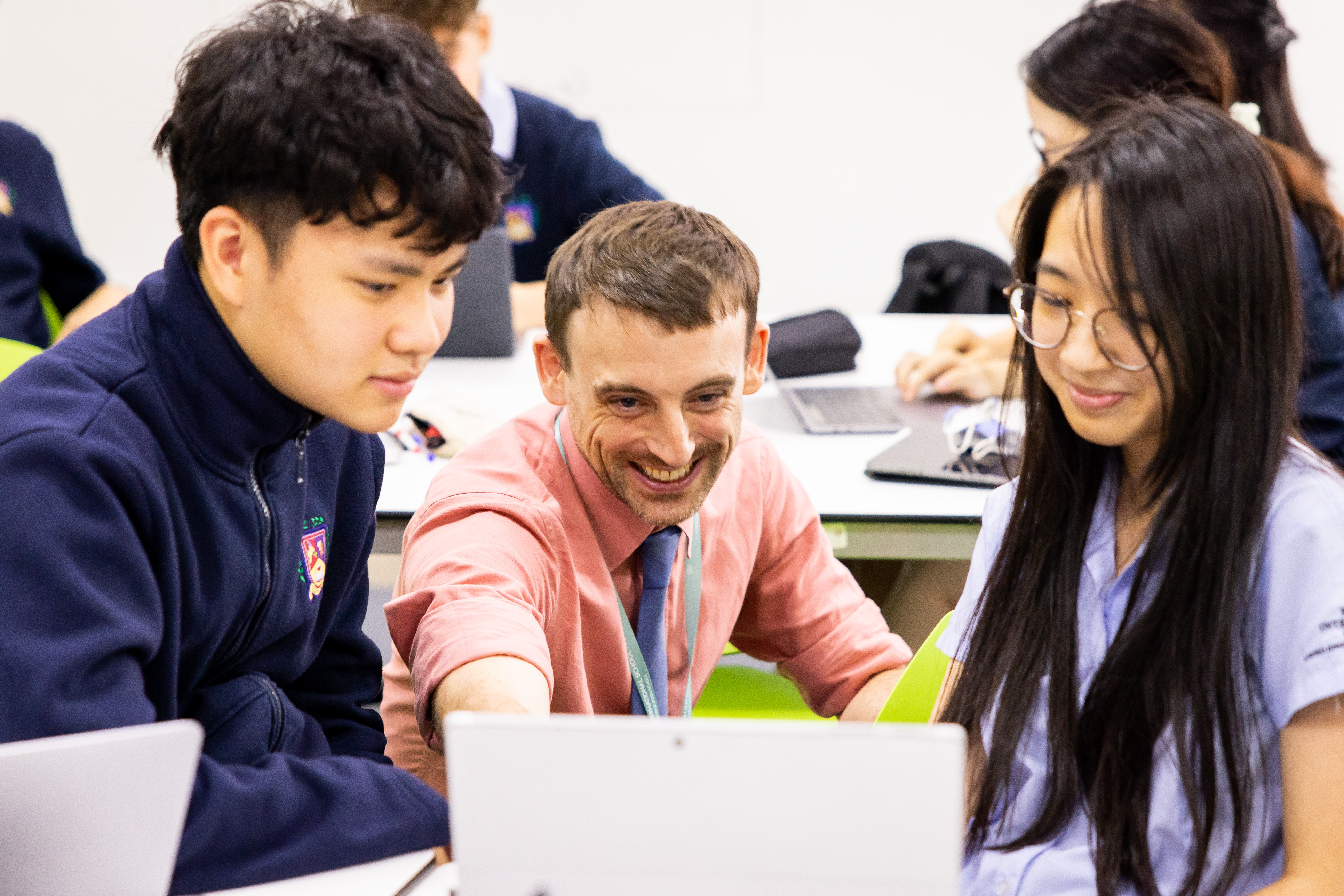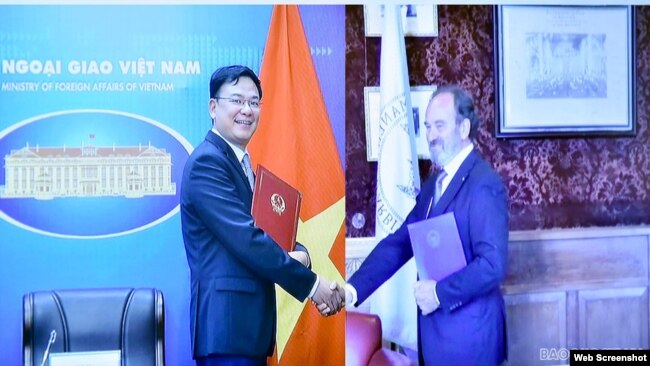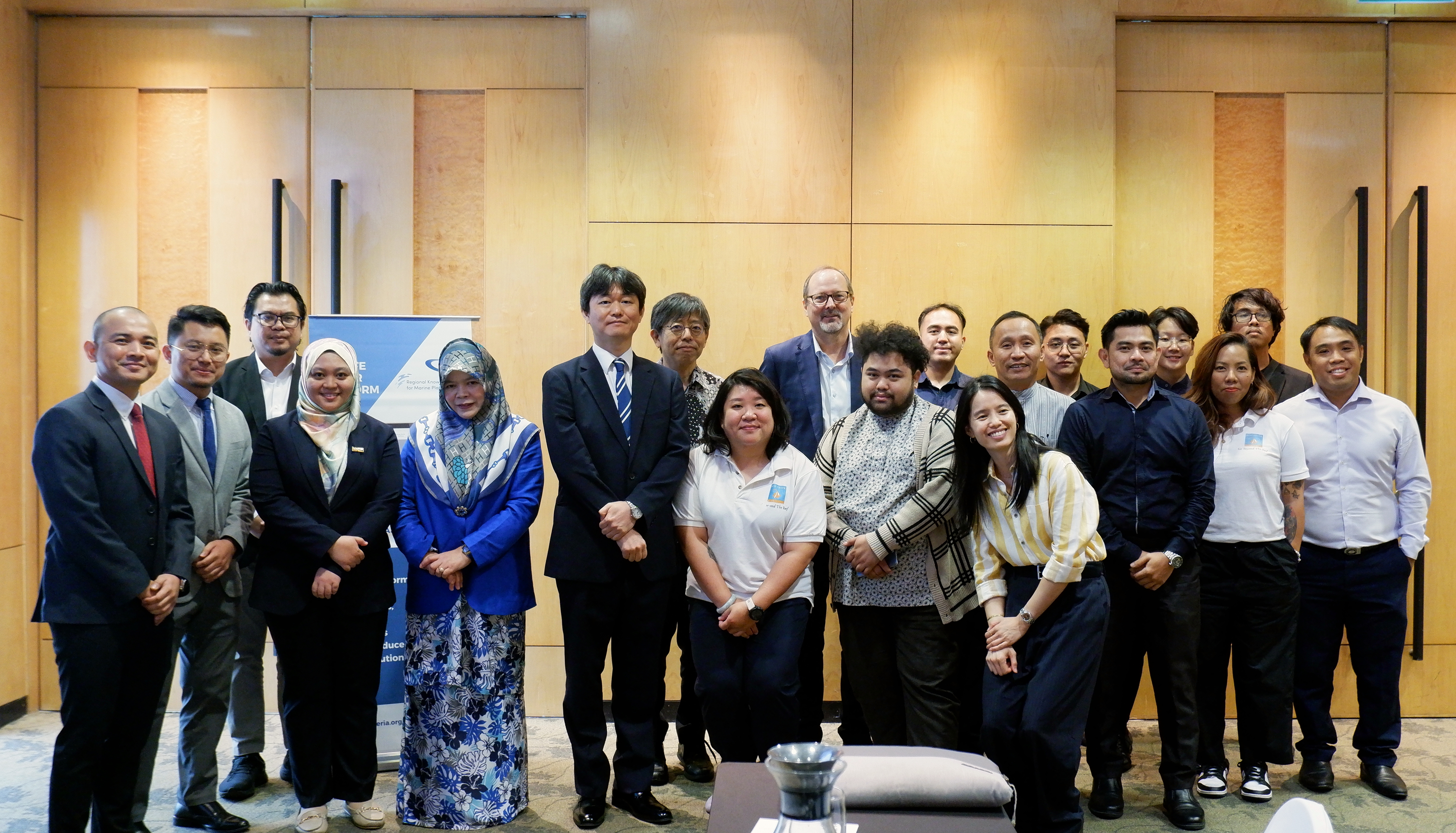The introduction of artificial intelligence in education has been an exciting disruptor in Vietnam, creating a revolutionary wave throughout teaching and learning.
Industry leader Nord Anglia Education is rethinking education – redefining practice, challenging conventional practices and boundaries, embracing metacognition and introducing innovative tools – to enrich the student experience throughout its four schools in Vietnam.
One of two Nord Anglia Education schools in northern Vietnam, the British International School Hanoi (BIS Hanoi) is integrating cutting edge AI techniques and resources into classroom practices, assessment processes and transformative experiences to prepare the next generation for a rapidly evolving world.
BIS Hanoi’s Deputy Head of Secondary Stephanie Miller has seen huge shifts in teaching and learning during her career.
“With the introduction of artificial intelligence in education, children can now independently use technology to do things like roleplay, practice their pitches and presentations and improve their language skills. This AI revolution is removing boundaries in teaching and learning in innovative ways,” said Stephanie.
According to the National Foundation for Educational Research (NFER), oral communication is right at the heart of student success – essential for fostering students’ academic achievements and preparing them for the future.
“We’ve known the important connection between oracy and academic success for a long time, and the AI revolution has brought a whole new range of resources into the classroom to help students be their best,” said Stephanie.
“At BIS Hanoi, we’re teaching English as an Additional Language (EAL) students how to ethically use AI through a range of approaches, like having a personalised conversation with a chatbot in another language, rehearsing their responses for university and job interviews, and practicing the correct pronunciation of difficult words.”
The very interactive nature of artificial intelligence in education also supports students to prepare for a life beyond the classroom, giving each child more exposure to language outside school-based activities and projects, and further opportunities to build their teamwork, critical thinking, communication and interpersonal skills.
“AI brings a far wider scope than the traditional written and exam-based assessment. It’s an exciting time to be a student, and a teacher!” said Stephanie.

Last month, industry leading academic experts around the world from premium international schools group Nord Anglia Education joined their peers in Hanoi, Vietnam, where they explored innovative approaches in teaching and learning to ensure children are prepared to thrive in the future world of work.
Hosted by Nord Anglia Education schools the British International School Hanoi and the British Vietnamese International School, world education leaders met with parents, students and the wider Hanoi community to discuss best practice, exciting research, and the AI revolution.
As an industry expert, Stephanie Miller spoke at this event about the artificial intelligence in education and oracy connection – sharing innovative approaches and inspiring methods.







